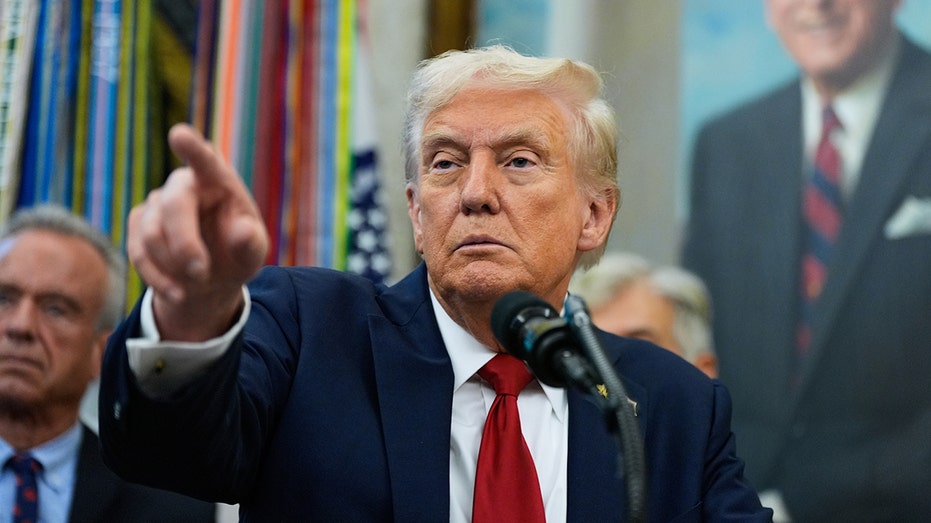The stalemate finally cracked. After forty days of a paralyzing government shutdown, the Senate moved to reopen the doors, but the path forward was paved with a startling admission.
A critical vote broke the filibuster, achieved only when eight Democratic senators crossed the aisle. Senators King, Fetterman, Cortez Masto, Shaheen, Hassan, Rosen, Kaine, and Durbin joined Republicans in a 60-40 decision to advance legislation.
The move ended a month-long standoff that had increasingly disrupted essential services and raised anxieties across the nation. Yet, the quiet acknowledgment of responsibility came from an unexpected source: CNN.

During its Sunday evening coverage, CNN openly stated that the Democratic filibuster had been broken, effectively conceding that the shutdown’s continuation rested with the party’s strategy. It was a moment of uncharacteristic candor.
Behind closed doors, the implications were even starker. Reports surfaced of Democrats privately suggesting they would maintain the shutdown until the consequences became catastrophic – a chilling prospect involving disruptions to air travel.
The Senate is now poised to reconvene and vote on the spending packages. Speaker Johnson has pledged to swiftly recall the House, promising a 36-hour notice before a vote on the amended continuing resolution.
The urgency to finalize the deal is palpable, fueled by a desire to restore stability and address the mounting concerns of citizens. There’s also a clear signal from former President Trump, who reportedly expressed his eagerness to see the government reopened.
This resolution, however, is not a complete victory. Republicans are prepared to introduce amendments, attaching three full-year appropriations bills to the legislation, potentially setting the stage for further negotiations and challenges.
The weeks ahead will reveal whether this fragile agreement can truly end the political brinkmanship and deliver lasting solutions, or if it merely represents a temporary reprieve before the next crisis.





